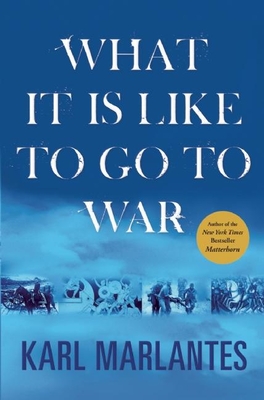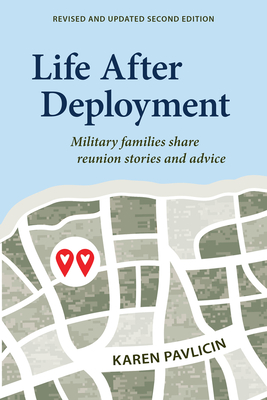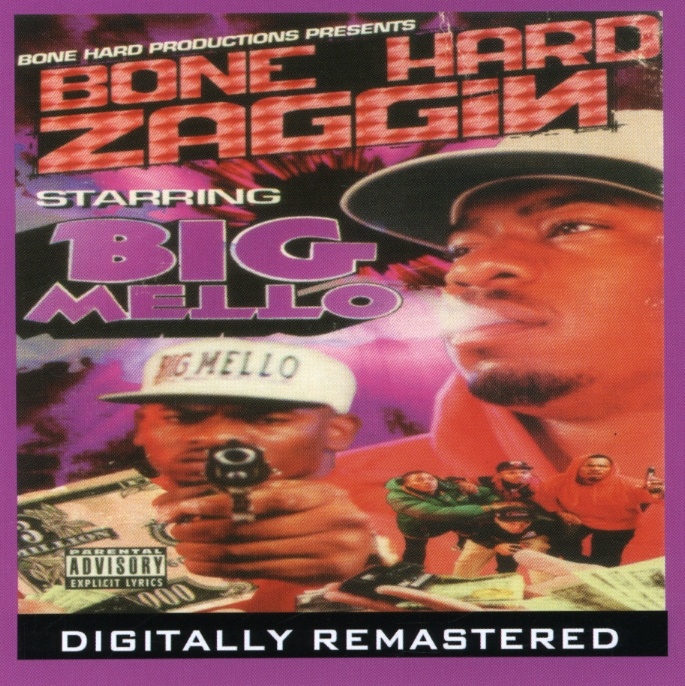
description
ing, best-selling novel Matterhorn, comes a brilliant nonfiction book about war In 1968, at the age of twenty-three, Karl Marlantes was dropped into the highland jungle of Vietnam, an inexperienced lieutenant in command of a platoon of forty Marines who would live or die by his decisions. Marlantes survived, but like many of his brothers in arms, he has spent the last forty years dealing with his war experience. In What It Is Like to Go to War, Marlantes takes a deeply personal and candid look at what it is like to experience the ordeal of combat, critically examining how we might better prepare our soldiers for war. Marlantes weaves riveting accounts of his combat experiences with thoughtful analysis, self-examination, and his readings--from Homer to The Mahabharata to Jung. He makes it clear just how poorly prepared our nineteen-year-old warriors are for the psychological and spiritual aspects of the journey. Just as Matterhorn is already being acclaimed as acclaimed as a classic of war literature, What It Is Like to Go to War is set to become required reading for anyone--soldier or civilian--interested in this visceral and all too essential part of the human experience.
member goods
No member items were found under this heading.
Return Policy
All sales are final
Shipping
No special shipping considerations available.
Shipping fees determined at checkout.







